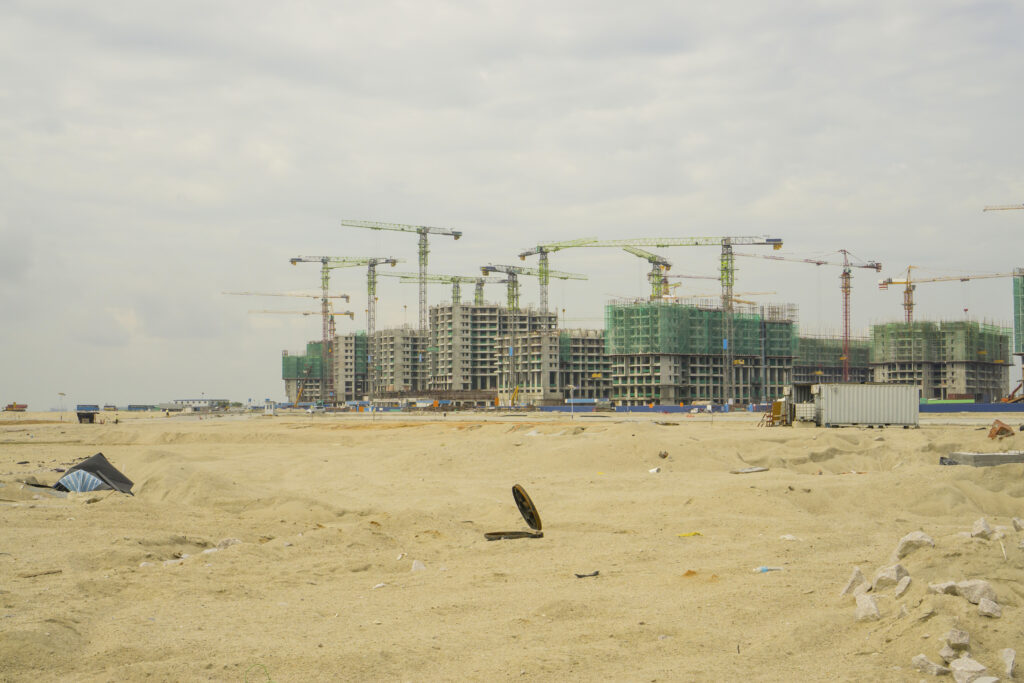Iraq’s Housing Crisis: Progress Made, but Comprehensive Solutions Still Needed
Iraq is grappling with a significant housing crisis, a culmination of decades of conflict, corruption, and displacement. The nation’s housing shortfall is estimated at over 2.5 million units, leaving millions without access to affordable homes.
Government Initiatives and Challenges
Since assuming office in November 2022, Prime Minister Mohammed Shia al-Sudani has initiated several projects aimed at alleviating the housing deficit. These include the construction of new cities across the country. However, these efforts face challenges such as inconsistent funding, corruption, and unregulated rent prices.
A notable example is the Bismaya New City project, launched in 2013 as Iraq’s first planned city to address housing needs. Despite initial progress, the project experienced delays due to financial disputes and a decline in oil prices, which significantly impact Iraq’s economy. As a result, construction was temporarily halted between 2020 and 2022.
Economic Dependency and Its Implications
Iraq’s heavy reliance on oil revenues, accounting for over 90% of government income, poses a risk to the sustainability of housing projects. Fluctuations in oil prices can stall development efforts, as seen with the Bismaya project. This economic dependency underscores the need for diversification to ensure stable funding for essential infrastructure.
Urbanization and Infrastructure Strain
The concentration of employment opportunities in major cities like Baghdad and Anbar has led to increased urban migration, exacerbating housing shortages. This urban influx strains existing infrastructure, leading to longer commutes and overburdened public services. Efforts to develop public transportation, such as the proposed Baghdad metro system, have been hindered by political disputes and funding issues.
Innovative Approaches and Future Outlook
Some private sector initiatives are exploring innovative solutions to the housing crisis. For instance, real estate firms like Bayt Iraqi have incorporated solar panels into their developments to address electricity shortages and reduce reliance on government power grids. Additionally, Iraq has taken steps to improve its investment climate, including signing the Singapore Convention in April 2024 to facilitate international trade and investment.
While these measures indicate progress, experts emphasize that comprehensive solutions are necessary. Addressing the housing crisis will require sustained efforts to diversify the economy, combat corruption, and implement effective urban planning strategies.


